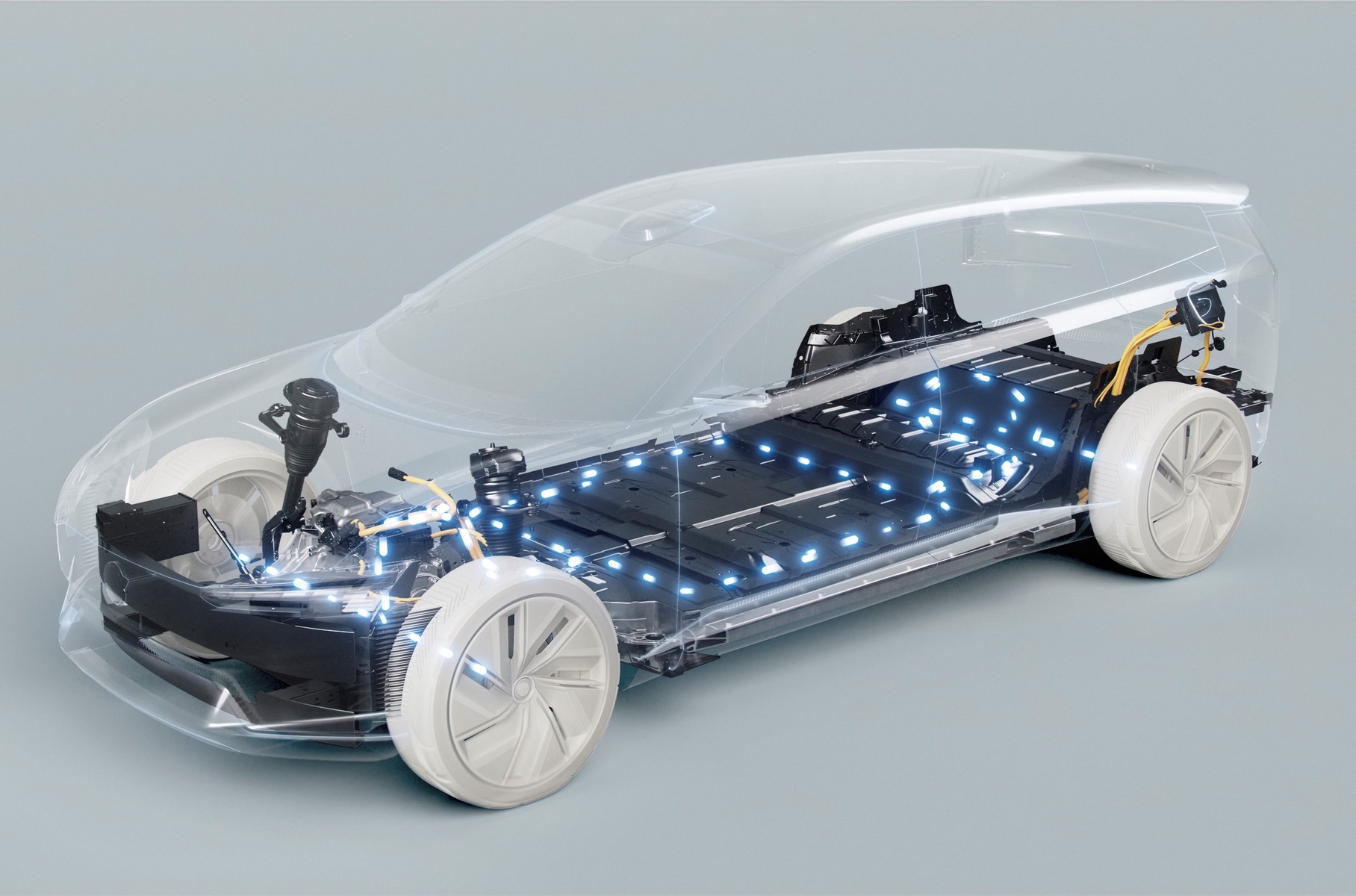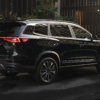Cells with a silicon anode will have a specific capacity of about 300 watt-hours per kilogram and in five minutes of connection to the “column” they will provide an additional 160 kilometers of range. The technology, developed by Israeli startup StoreDot, relies on proprietary offsets and artificial intelligence algorithms.
Volvo has signed a strategic partnership with Israel’s StoreDot to develop prototype battery cells with XFC ultra-fast charging technology. For now we are talking about the so-called B-samples – fully functional samples for full-scale and bench tests. The cells are being adapted to Volvo’s future electric architectures. And the partners promise to show the first results of their joint work next year.
Meanwhile, tests carried out in 2023 on early samples of StoreDot XFC cells were positive. The extensive testing program involved 15 of the largest automotive companies in Europe, the USA and Asia, as well as several strategic partners of StoreDot itself. Lithium-ion batteries with an anode made of metalloid nanoparticles showed a specific capacity of about 300 watt-hours per kilogram and provided an additional 160 kilometers of range per five minutes of charging. Moreover, “high-speed” terminals were not needed for this.
The next step for StoreDot will be the launch of production of a battery with a semi-solid electrolyte and a specific capacity of 450 watt-hours per kilogram. In a few more years, solid-state batteries will appear on the market, the energy storage density in which will be twice as high as in existing lithium-ion ones. According to StoreDot, we are talking about 550 watt-hours per kilogram and 160 kilometers of range in two minutes. The company plans to achieve all this thanks to patented organic and inorganic compounds optimized using artificial intelligence algorithms.
StoreDot’s partners include BP, Mercedes-Benz AG, VinFast, Volvo Cars, Polestar, Ola Electric, Samsung, TDK and manufacturing company EVE Energy. According to plans, mass production of 100in5 battery cells (100 miles in 5 minutes) will begin closer to 2025.
Electroshock: new “battery-powered” products







